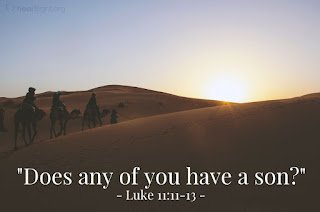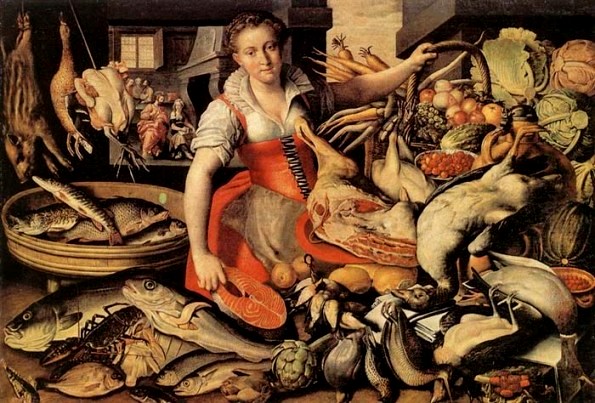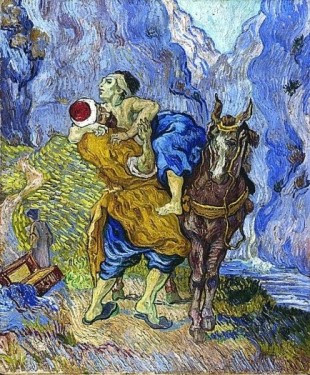Section 86, Luke 11:1-13, Persistence in Prayer

Section 86 PRAYER TAUGHT AND ENCOURAGED (Probably Judea) LUKE 11:1-13 Overview: After Jesus was praying in "a certain place," one of his disciples requests that he teach them how to pray. First some background on Jewish prayer customs: "It was customary for the rabbis to give their disciples forms of prayer, and [John] the Baptist seems to have followed this practice, though the prayer taught by him appears soon to have been forgotten." -Fourfold Gospel "Dr. Lightfoot's notion of this is, That whereas the Jews' prayers were generally adorations, and praises of God, and doxologies, John taught his disciples such prayers as were more filled up with petitions and requests; for it is said of them that they did deēseis poiountai - make prayers, Luk_5:33. The word signifies such prayers as are properly petitionary." -Matthew Henry "Idle repetition of prayers is forbidden; but persistence and importunity are encouraged.Gen. 18:23-33 [A





